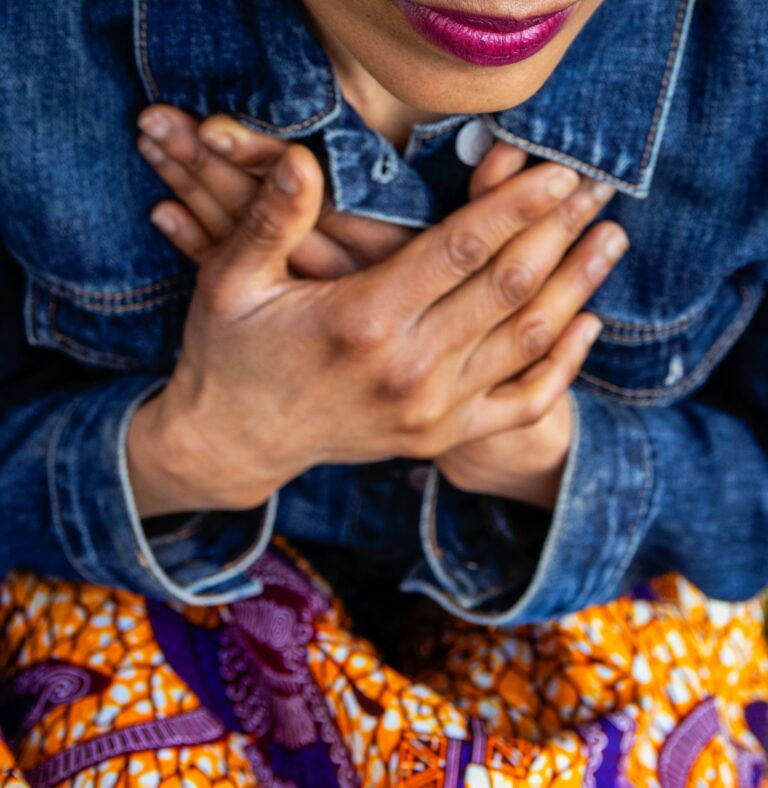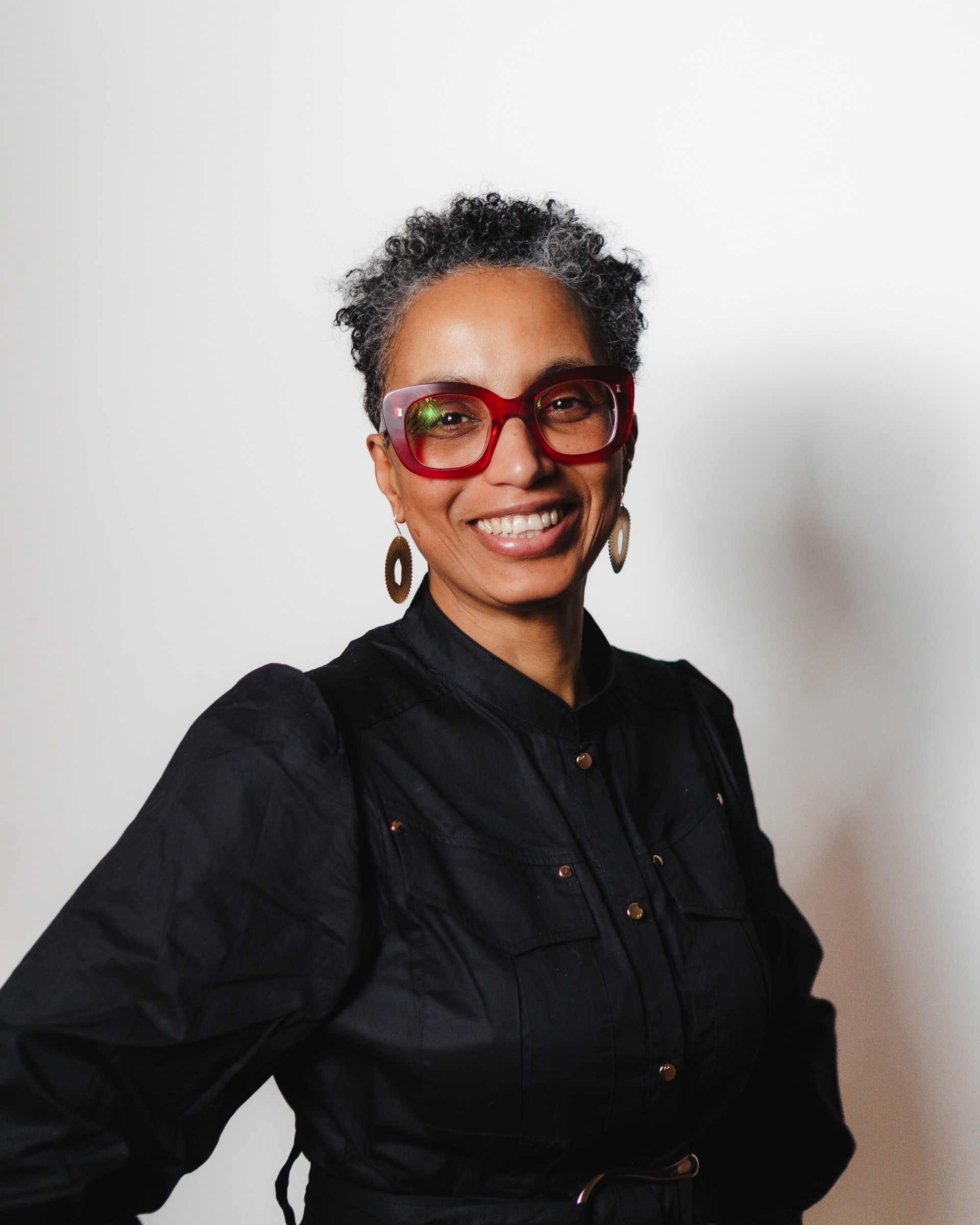How to come back to balance and move towards health
- Written by: Satya Dunning — Stepping into Life — Healing Diets Nutritional Consultant and Facilitator
- Published: 11th November 2025

In this part two of two opinion pieces, Satya Dunning offers us ideas for healthy eating and lifestyle habits during the colder months.
The themes of Samhain and Halloween offer us an opportunity to go back to our roots, to the foods our ancestors ate before they were processed or given certain brand names.
Eating root vegetables, either by roasting or steaming them, or making a soup with some legumes, or grains, and cruciferous vegetables is a great addition to a transition diet at this time of year.
Preparing yourself a Buddha bowl or Macro bowl is a fantastic all in one meal which features greens, whole grains, proteins, cooked veggies, herbs, or a homemade dressing of some sort like tahini, or pesto, lemon juice with extra virgin oil, and various condiments.
This is a great way to add whole foods full of fibre, antioxidants, minerals, vitamins with anti-inflammatory (ginger, sweet potatoes, garlic, fennel), anti-microbial, heart health-improving (beetroot), cancer-protecting (radishes, fennel), cholesterol-reducing (carrots) properties.
Keep it simple and maximise every mouthful by adding spices, fresh herbs, spoonfuls of fermented veggies like sauerkraut, seaweed flakes, or miso.
We can take inspiration from autumnal trees and their spectacularly colourful shedding leaves. Colour on a plate, also known as a rainbow plate is a powerful way to boost the immune system. This is because phytonutrients are natural chemicals in plants protecting them from insects and the sun. When we ingest plants, nuts, spices, whole grains, teas, beans, they transfer onto us these natural immune properties as well as anti-inflammatory and antioxidant ones.
For example, red vegetables contain resveratrol (heart disease protector, preserves mental health and memory, helps with weight loss), ellagic acid (decreases cancer cell growth, protects the brain) and quercetin (protects against degenerative brain disorders, reduces morning stiffness and pain, provides allergy relief, protects from E-Coli and the common flu and colds).
Orange coloured fruits and plants contain carotenes (fight and reduce the risk of cancer, improve function of the immune system and hormones).
Yellow vegetables have limonene (stimulates white blood cells, lowers cholesterol and heart disease, fights bacteria and fungi, reduces arthritic pain, helps with psoriasis and IBS).
Green vegetables contain indole-3-carbinol (cancer prevention, regulates cholesterol, stimulates enzyme in the gut and liver), thiocyanates (helps treat high blood pressure, improves lung function and is antimicrobial), zeaxanthins (reduces age related macular degeneration, protects the retina and macula), sulforaphane (boosts heart health, improves haemoglobin A1C, may improve constipation), and more.
This is not the full list; blue, purple and white vegetables also have a whole range of other phytonutrients.
Lifestyle is another way to create and nurture health during the colder months through stacking habits.
Your morning stack is an opportunity to begin your day with intention. If your existing habit is to reach for your phone first thing in the morning, a new stacking habit could be to take a deep breath to oxygenate your brain, hydrate with a glass of warm water with lemon before tea and coffee to get your digestive system moving and get some daylight by stepping outside for two to five minutes or even taking a walk with your dog, or a friend. You can also include mindfulness and ponder on what is one kind thing you can do for yourself today as you take a walk. This is a powerful way to boost your mental health and serotonin levels, and prepare your body to release waste.
Your afternoon stack can be about fuelling and moving. So, for example, if you tend to sit down after lunch, make sure to move after eating, and go for a short walk around the block. Remember to sip away and hydrate throughout the day.
Research has shown that “walking just after a meal seems to be more effective for weight loss than waiting for one hour to walk after a meal”.
Your evening stack is great for unwinding and reflecting: light a candle, go through your day reflecting on what went well, what you could have done differently and what insights you’ve gained.
Another is the use of good quality essential oils like pine, cedar and eucalyptus with a carrier oil – make sure you consult a professional aromatherapist. These contain phytoncides, natural antimicrobial and insecticidal compounds, which protect trees from parasites. They calm the nervous system, enhance sleep and mood, are anti-inflammatory, and reduce blood glucose levels. And research has shown that “a two hour walk in the forest increases natural killer cell activity that can last for days”.
Gratitude is an understated way to end your day. The benefits of gratitude include emotional and social wellbeing, better sleep quality, lower depression risks, and favourable markers of cardiovascular health.
These habits help bring down your nervous system and process life moments and events.
Every day, throughout your day, include the natural medicine of connection and community, build networks of like-minded people, grow your social wealth to boost your happiness, and belonging.
These are just examples. Everyone is unique and has their own unique way of creating life. How do you do this? How can the season inspire you to give to yourself and take better care?
As a Healing Diets Nutritional Consultant, I help you to lay down the foundations of a nourishing whole foods-based transition diet and lifestyle habits. We look at your emotions and how they feed your relationship with food. We work together to put into place new life-giving habits at a pace that works for you.
So why not give yourself the gift of health by booking in with me?
To find out more, please visit Healing Diets.
And to arrange a free 15-minute consultation, email me at satya@steppingintolife.co.uk
Coming soon, in January 2026, I will be offering one-to-ones and group workshops on resolving emotional pain, grief and loss and building sustainable mental wellness.
—
Satya Dunning hosted the Self Management Week 2025 event, ‘An Invitation to….Reconnect, Rest & Reset’. Satya is a Glasgow-based Healing Diets Nutritional Consultant and Facilitator specialising in:
Nutritional literacy – Using food as medicine to foster vitality and maintain health whilst exploring the emotional and mental patterns at the root of your relationship with food, as well as dietary and lifestyle choices.
Body literacy – by fostering and facilitating a return to and reconnection with the body, can a healing – grounded in the body’s wisdom – of thinking, feeling and genuine relating in connection with nature and its cycles begin. Satya believes this process naturally opens the human heart towards the humanity of self and others, and body of the earth.
Emotional literacy – Satya supports self awareness and transformation from inside out using the tools of Nonviolent Communication and compassionate processes. She has created her own women’s empowerment programme called Welcoming Ourselves Home. From January, she will be trained to offer a new programme of emotional healing to resolve grief, loss and emotional pain.
This article is a series of two opinion pieces from Satya Dunning. You can read part one here.
End of page.
You may also like:
The somatic approach, from Louise Davidson, host of the Self Management Week event ‘Calm the Storm: Movement & Breath to Lower Cortisol’.
Continue readingDr Rebekah Ballantyne, a speaker at the Self Management Week 2025 webinar ‘IFIC: What I need to lead’, shares her self management insights.
Continue readingIn this part one of two opinion pieces, Satya Dunning reflects on nutrition as part of self management during the colder months.
Continue readingGail Cunningham, a retired GP and Project Manager at LTCH tells us just how much self management has changed her life.
Continue readingSelf Management Network Scotland member Hilda shares self management resources ahead of Self Management Week 2025.
Continue readingJoanne McCoy on the collaborative process of self management and what she needs to lead in the management of her health.
Continue readingALLIANCE Member Danielle tells us what she needs to lead as part of our self management awareness raising campaign for 2025.
Continue readingSelf Management Network Scotland member Caroline Brocklehurst tells us what she needs to take the lead in managing her health.
Continue readingGrace Beaumont looks to the Principles of Self Management as inspiration for this year’s Self Management Week awareness raising activity.
Continue readingNational Stalking Awareness Week 2025, from 21-25 April, will focus on healthcare professionals spotting the signs of stalking.
Continue readingCOPE Scotland have developed a suite of resources to rebuild confidence and self-belief, crucial components of mental wellbeing.
Continue readingHeidi Tweedie, Jane Miller and Dr Patty Lozano-Casal reflect on the need to end mental health stigma and discrimination in healthcare.
Continue readingHilda Campbell shares COPE Scotland's thoughts and ideas for keeping well and improving your wellbeing during the winter months.
Continue readingAs the Self Management Network Scotland reaches 1,000 members, Joanne McCoy, Manager at MySelf-Management reflects on the network's value.
Continue readingCOPE Scotland launch new campaign with resources to support the journey to increased confidence and self-belief.
Continue readingTom shares his journey with self management, since being diagnosed with epilepsy four years ago.
Continue readingAvril McLean from Action for M.E. discusses the challenges for people living with M.E. and the range of self management support they offer.
Continue readingWhy self management is the transformational change needed within our health care services, from the Nursing Transformation Lead at NHSGGC.
Continue readingALLIANCE and Self Management Network Scotland member Caroline Brocklehurst describes her journey since accessing peer support.
Continue readingSelf Management Programme Manager Grace reflects on the fifteenth anniversary of Gaun Yersel, the Self Management Strategy for Scotland.
Continue readingReflections on a Self Management Reflective Practice (SMRP) session, from a Chest Heart & Stroke Scotland Advice and Support Practitioner.
Continue reading
